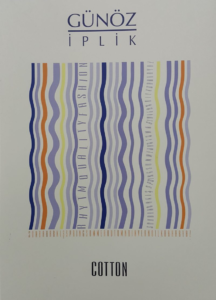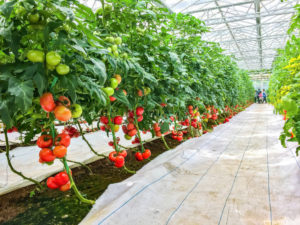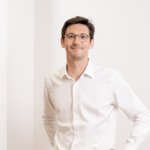Cogeneration: financing of sustainable installations in France and Turkey
Early 2018, we financed two cogeneration plants that allow more efficient and environmentally friendly energy production by using energies that are usually released into the environment.







